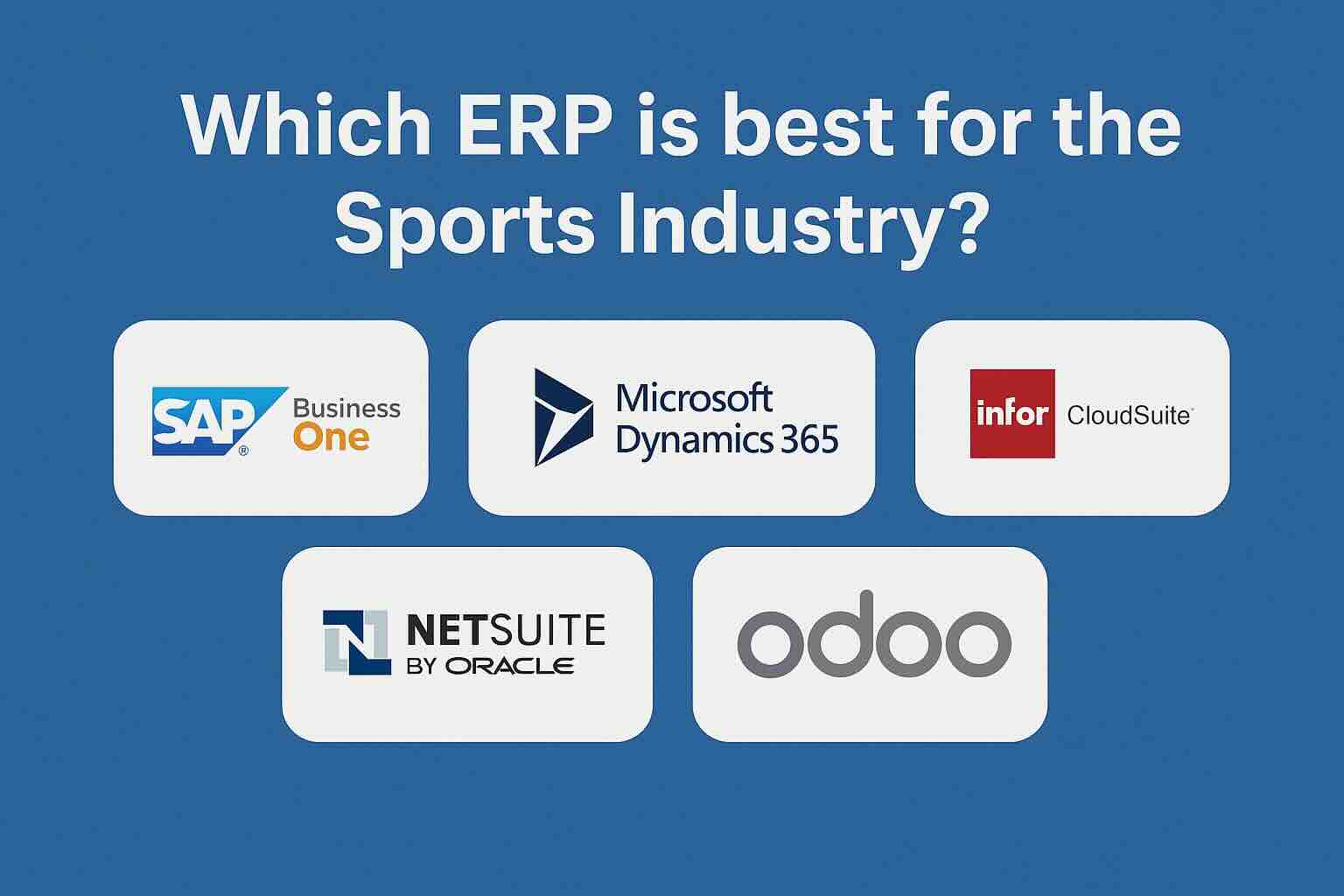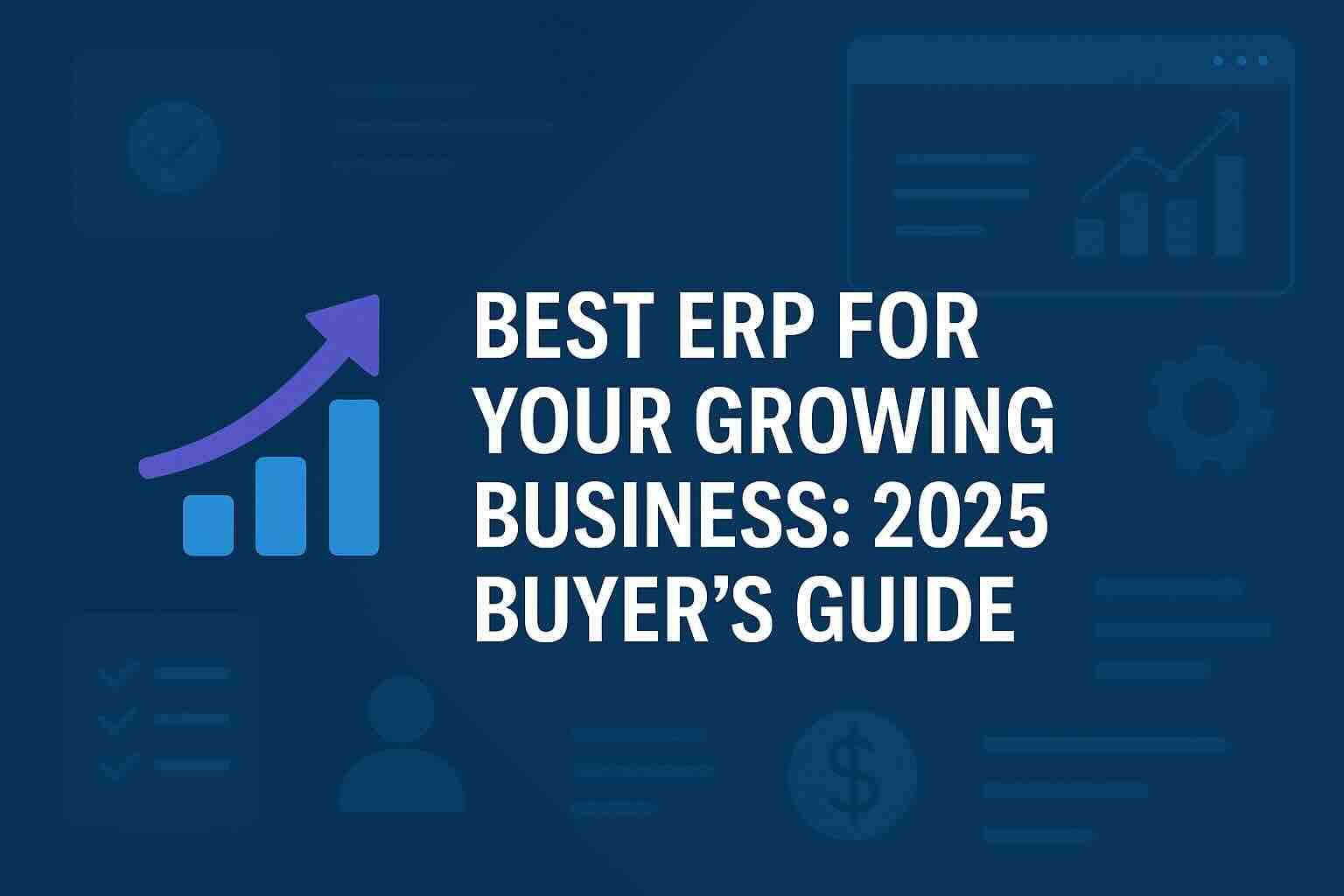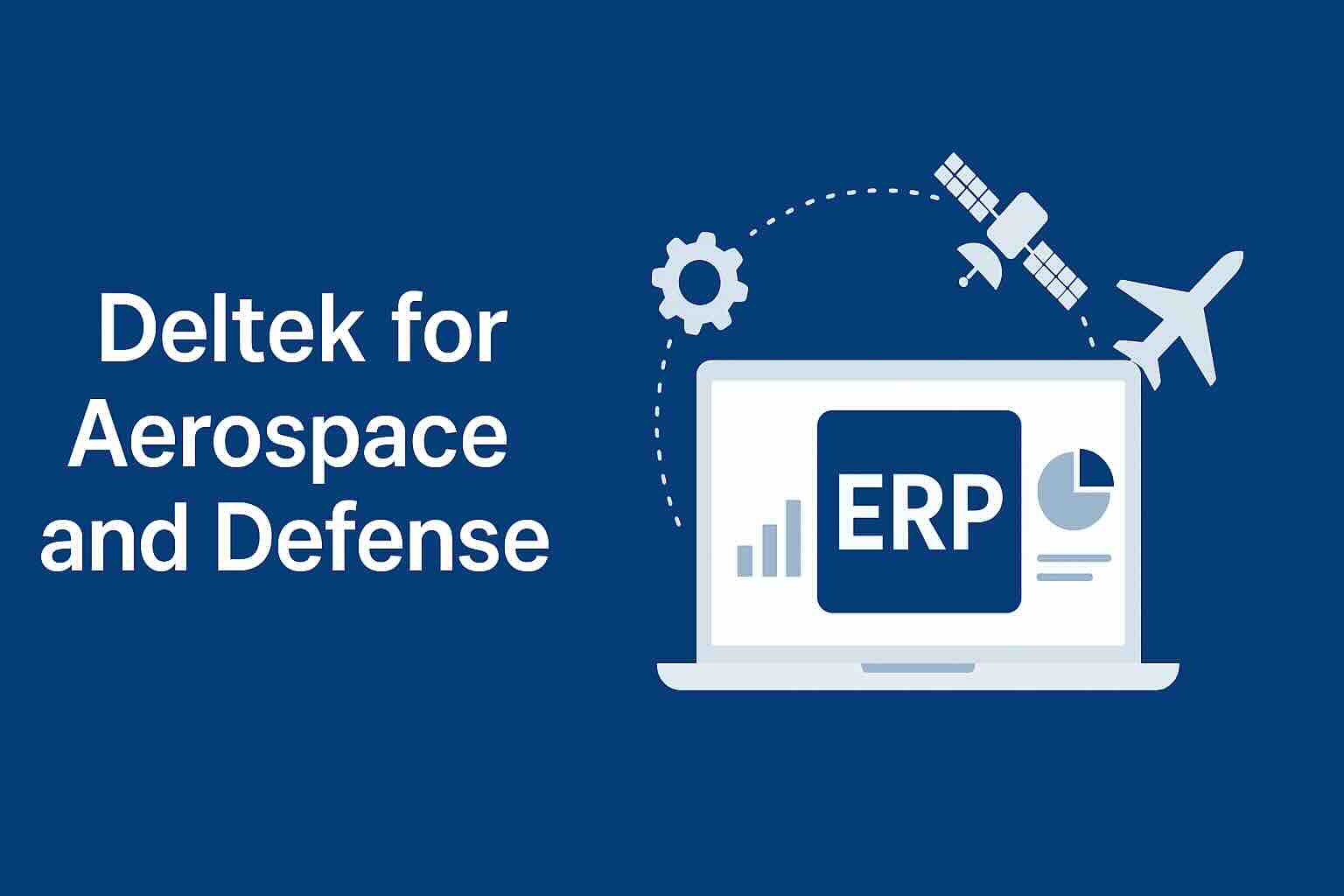Discover the Top Cloud ERP Systems: Best Choices for 2024

In today’s fast-paced business environment, companies need efficient and flexible systems to manage their resources and operations. Cloud ERP (Enterprise Resource Planning) systems have emerged as a game-changer, offering robust solutions that streamline processes and enhance productivity. If you’re on the hunt for the top cloud ERP solutions in 2024, you’ve come to the right place. This guide will walk you through the best options available, highlighting their features, benefits, and why they stand out.
What is Cloud ERP?
Cloud ERP systems are software solutions hosted on cloud servers, allowing businesses to access and manage their enterprise resources from anywhere with an internet connection. Unlike traditional ERP systems that require on-premises hardware and software installations, cloud ERP solutions offer scalability, flexibility, and cost-efficiency.
Why Choose Cloud ERP?
- Accessibility: Access your ERP system from any device, anywhere, at any time.
- Scalability: Easily scale your operations up or down based on your business needs.
- Cost-Effective: Reduce costs associated with hardware, maintenance, and upgrades.
- Automatic Updates: Stay up-to-date with the latest features and security updates.
- Enhanced Collaboration: Improve collaboration across departments with real-time data sharing.
Top Cloud ERP Solutions in 2024
1. SAP S/4HANA Cloud
SAP S/4HANA Cloud is a comprehensive ERP solution designed for large enterprises. It offers a suite of integrated applications that cover finance, supply chain management, procurement, and more.
Key Features:
- Real-Time Analytics and Insights: Utilize SAP HANA’s in-memory database technology to process large amounts of data rapidly, providing real-time business insights and advanced analytics.
- Advanced AI and Machine Learning Capabilities: Automate routine tasks and gain predictive insights with integrated AI and machine learning tools.
- Industry-Specific Solutions: Access pre-configured solutions tailored to industries such as manufacturing, retail, and healthcare.
- Robust Security and Compliance Features: Benefit from enterprise-grade security, data encryption, and compliance with global regulations like GDPR.
Why It Stands Out: SAP S/4HANA Cloud is renowned for its powerful analytics and ability to handle large volumes of data, making it ideal for large enterprises with complex needs.
2. Oracle ERP Cloud
Oracle ERP Cloud is a versatile and scalable solution that caters to businesses of all sizes. It offers modules for financial management, procurement, project management, and more.
Key Features:
- Comprehensive Financial Management: Manage financial operations with modules for general ledger, accounts payable, accounts receivable, fixed assets, and cash management.
- Advanced Reporting and Analytics: Leverage Oracle’s robust analytics to generate detailed financial reports, operational analytics, and performance metrics.
- Integrated Risk Management: Identify, assess, and manage risks across the enterprise with built-in risk management tools.
- AI-Powered Automation: Automate routine processes such as invoice processing, expense management, and compliance reporting with AI-driven automation.
Why It Stands Out: Oracle ERP Cloud is known for its strong financial management capabilities and robust analytics, providing businesses with deep insights and enhanced decision-making.
3. Microsoft Dynamics 365
Microsoft Dynamics 365 combines ERP and CRM capabilities, offering a unified platform for managing finances, operations, sales, and customer service.
Key Features:
- Seamless Integration with Microsoft Products: Benefit from seamless integration with Office 365, Azure, and other Microsoft products, enhancing productivity and collaboration.
- AI-Driven Insights and Automation: Use embedded AI to gain insights from data, predict trends, and automate routine tasks.
- Flexible and Scalable Architecture: Customize and scale the platform to meet the specific needs of your business as it grows.
- Comprehensive Customer Engagement Tools: Manage customer relationships with integrated CRM capabilities for sales, marketing, and customer service.
Why It Stands Out: Microsoft Dynamics 365 is perfect for businesses looking for a unified solution that integrates seamlessly with other Microsoft products like Office 365 and Azure.
4. NetSuite ERP
NetSuite ERP, a product of Oracle, is a cloud-based solution designed for growing businesses. It offers a wide range of modules including financials, CRM, ecommerce, and inventory management.
Key Features:
- Real-Time Visibility into Business Performance: Monitor business performance with real-time dashboards and key performance indicators (KPIs).
- Built-In Business Intelligence: Make informed decisions with built-in analytics, reporting, and business intelligence tools.
- Global Business Management: Manage multiple subsidiaries, business units, and legal entities with ease.
- Customizable Workflows: Tailor workflows to meet your unique business processes and operational needs.
Why It Stands Out: NetSuite ERP is popular among growing businesses for its scalability and ability to provide a 360-degree view of business operations.
5. Infor CloudSuite
Infor CloudSuite is designed for specific industries such as manufacturing, healthcare, and retail. It provides comprehensive ERP capabilities tailored to industry needs.
Key Features:
- Industry-Specific Functionalities: Access functionalities designed specifically for industries like manufacturing, healthcare, and retail, ensuring better alignment with industry processes.
- Advanced Analytics and BI Tools: Utilize advanced analytics and business intelligence tools to gain insights into operations and make data-driven decisions.
- User-Friendly Interface: Enjoy a modern, intuitive interface that enhances user experience and productivity.
- Strong Supply Chain Management Features: Optimize supply chain operations with tools for demand planning, inventory management, and supplier collaboration.
Why It Stands Out: Infor CloudSuite’s industry-specific approach ensures that businesses get functionalities tailored to their unique operational requirements.
How to Choose the Right Cloud ERP
Selecting the top cloud ERP for your business depends on several factors:
- Business Size and Industry: Consider the size of your business and your industry-specific needs.
- Features and Functionality: Identify the key features that are crucial for your business operations.
- Scalability: Ensure the ERP system can grow with your business.
- Integration Capabilities: Look for systems that integrate seamlessly with your existing software.
- Cost: Evaluate the total cost of ownership, including subscription fees, implementation, and training costs.
Conclusion
Investing in a top cloud ERP system can revolutionize your business operations, providing you with the tools to improve efficiency, enhance decision-making, and drive growth. The solutions highlighted in this guide represent the best options available in 2024, each offering unique features and benefits to meet diverse business needs. By carefully assessing your requirements and exploring these top cloud ERP solutions, you can find the perfect fit to propel your business forward.
To compare these ERP solutions and many more, you can use our new AI-powered Compare ERP tool. It’s free to use and you get a guaranteed discount on your first year’s licence fees with a referral from Compare ERP.









